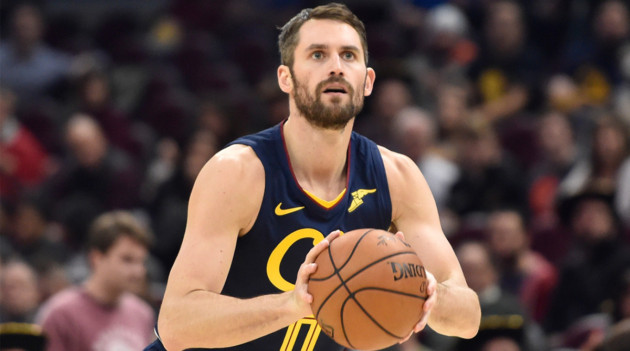Under Maintenance
We deeply apologize for interrupting your reading but Vendetta is currently undergoing some important maintenance! You may experience some layout shifts, slow loading times and dififculties in navigating.

It is National Mental Health Day, so we are going to take a break from the normal lighthearted, jabbing approach here at Vendetta and take a more serious tone here. Mental health is nothing to take lightly, and over the last few years, prominent athletes have come out admitting their struggles with certain illnesses. We are going to dive into some of the biggest names and discuss why this is such a developing matter. But first, some background.
As I write this out, I am anxious. I am anxious because I don’t want people to get the wrong idea. What I mean, to preface, is that I have never been to a doctor to be diagnosed with anxiety or depression. But over the last 18 months or so, I have started to notice changes in myself. Doubts about my abilities to do anything, really. I find myself worrying about the smallest things in life and having it on my mind for hours on end. Sometimes, it is hard to get out of bed or to make myself eat during the day. But I recently had a close friend tell me, in reference to people discrediting my opinions on this, tell me that going to see a doctor about these things doesn’t make her any better than I am, and that since I haven’t it devalues my thoughts. Everyone’s mental health is important, whether you have been by a doctor and diagnosed or not. So here’s to hoping you all agree as well. Now, to the task at hand.
Let’s start off with the guy at the top: Michael Phelps. Phelps, for those who don’t know, is arguably the greatest American Olympian in history, winning a total of 28 overall medals over 4 Olympic games. But his story goes much deeper than being an elite swimmer.
“Isolation can be crippling,” Phelps says. “When I’d see my therapist, I remember beforehand how much I hated going. Then every time after I’d walk out the door, I felt like a million bucks.”
Phelps would spend upwards of 5 days in his room by himself, not eating and contemplating suicide. He found help for his depression and suicidal thoughts. When asked about his first day by reporter David Axelrod, Phelps said,
“I remember going to treatment my very first day, I was shaking, shaking because I was nervous about the change that was coming up,”.
If we can try to find it within ourselves to work up the courage to get help, it can prove to be a helpful hand.
Kevin Love was one of the first people to really open up about his struggles with anxiety and having panic attacks. He took out a full article in The Players Tribune, saying “Everyone Is Going Through Something“, which couldn’t be more true. He recalled a game on November 5th, 2017 having a panic attack at halftime.
“It came out of nowhere. I’d never had one before. I didn’t even know if they were real. But it was real — as real as a broken hand or a sprained ankle.”, Love said in regards to his panic attack. “Coach Lue came up to me. I think he could sense something was wrong. I blurted something like, “I’ll be right back,” and I ran back to the locker room. I was running from room to
room, like I was looking for something I couldn’t find. Really I was just hoping my heart would stop racing. It was like my body was trying to say to me, You’re about to die. I ended up on the floor in the training room, lying on my back, trying to get enough air to breathe.”
This goes to show that anyone can suffer from this at any second. I myself have felt this twice before, once at the airport in Dallas, and another time at work. Nothing has to be “wrong” for this kind of thing to come up. But if this does, it is ok to take time for yourself.
Side note here, the most dominant American athlete of all time is Serena Williams, and no one can convince me otherwise. Anyway, Serena Williams, 23-time major winner, in an interview with Vogue said about postpartum depression, “Not only was I accepting some tough personal stuff, but I just was in a funk,” she wrote. “Mostly, I felt like I was not a good mom.” Postpartum depression is a depression that forms after childbirth. It’s wild to think someone as dominant and intimidating as Serena Williams would have issues with depression, not only postpartum. Serena told a reporter back in 2011 after winning Wimbledon the year before,
“Not only was I accepting some tough personal stuff, but I just was in a funk,” she wrote. “Mostly, I felt like I was not a good mom.”
This kind of thing does not have to be just on
I could go on and on about mental health, because I’m trying to dedicate more of my time to understanding it. I’ve considered going to see a doctor. Or even going to group therapy with some of my friends. I guess the biggest thing I want taken away from this, while trying to not sound like every typical self-help book, is that it truly is ok to not be ok. It’s ok to want help and to ask out for it. I constantly reach out to my friends when I am feeling depressed or anxious about something going on in my life. When you first reach out, it can be scary. But as we talked about above, high profile athletes have made that leap of faith and asked for help. You and I can as well. Let’s take the steps to get help and try and get over any demons we may face.